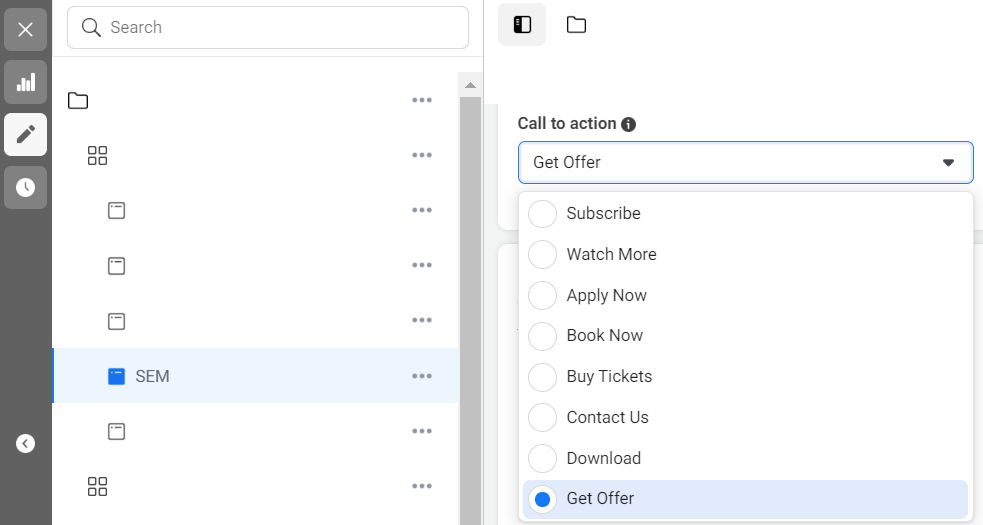
Online Reputation Management with Rapid URL Indexer: The Complete Guide
In today's digital world, online reputation management (ORM) is vital for individuals and businesses alike. Managing how you're perceived online can make or break your brand. Negative reviews, misleading content, or outdated information can damage trust and credibility. ORM focuses on curating positive content and minimizing the impact of unfavorable mentions. One essential tool that can aid this process is the rapid URL indexer, which speeds up the indexing of positive content on search engines, ensuring timely updates to your online presence. In this article we will talk about how you ca enhance your Online Reputation Management with Rapid URL Indexer.
What Is Online Reputation Management?
Online reputation management refers to the practice of shaping public perception of a business or individual by monitoring, identifying, and addressing content that affects how you are viewed online. This involves responding to reviews, promoting positive content, and managing search engine results to ensure that harmful or false information doesn't overshadow positive content.
A rapid URL indexer becomes crucial in this strategy by accelerating the appearance of this content in search results.
The Role of Rapid URL Indexers in ORM
What Is a Rapid URL Indexer?
A rapid URL indexer is a tool designed to fast-track the process of indexing web pages. Normally, search engines like Google take time to crawl and index new pages or updates, which can delay the appearance of positive or updated content in search results. By using a rapid URL indexer, you ensure that your new or optimized content gets indexed quickly, which is particularly useful in online reputation management.
How Rapid URL Indexers Benefit ORM
Speed of Indexing: Rapid URL indexers expedite the crawling process of search engines, ensuring that updated or newly published positive content appears promptly in search results. This is especially beneficial if you’re addressing negative reviews or combating defamatory content.
Higher Search Engine Rankings: The faster your positive content is indexed, the better its chances of appearing at the top of search results. This can help push negative or outdated content further down the page, which minimizes its visibility to the public.
Crisis Management: In situations where a business is undergoing a PR crisis, rapid indexing of favorable content can help mitigate damage by ensuring that new, positive information is quickly available to those searching for your brand.
Example: How Rapid URL Indexing Helped a Business Recover
Consider a company that faced an influx of negative reviews after a product recall. Through rapid URL indexing, they were able to quickly publish positive news articles, customer testimonials, and blog posts, pushing the negative content off the first page of search results. This helped restore public trust and improved their overall online reputation within weeks.
Step-by-Step Guide to Using Rapid URL Indexers for ORM
1. Identify Content That Needs Indexing
Start by identifying the content you want search engines to prioritize, such as positive customer testimonials, case studies, or press releases.
2. Use a Reliable Rapid URL Indexer
There are several URL indexing tools available, such as Google Search Console’s “URL Inspection” tool or third-party services like IndexNow. These tools submit your URL directly to search engines, prompting them to crawl your content faster.
3. Optimize Content for SEO
Ensure the content you're indexing is well-optimized for SEO, including the use of relevant keywords like "online reputation management" and "rapid URL indexer." Avoid keyword stuffing, as search engines may penalize over-optimized content. Instead, focus on natural keyword placement in headings, meta descriptions, and throughout the text.
4. Monitor Search Results
Regularly monitor search engine results to see how your content ranks. Tools like Ahrefs, Moz, and Google Analytics can help track the progress of your indexed URLs and overall search engine ranking.
5. Repeat the Process
ORM is not a one-time activity. As new reviews or mentions of your brand appear, continue publishing content and using the rapid URL indexer to maintain control over your online presence.
Best Practices for Online Reputation Management
Be Proactive: Instead of waiting for a crisis to unfold, build a strong online presence with regular positive content. This gives you a cushion in case of negative events.
Engage with Your Audience: Respond to both positive and negative reviews. Transparency builds trust.
Monitor Social Media and Review Platforms: Platforms like Yelp, Google Reviews, and Facebook can shape public perception of your brand. Actively monitoring and responding on these platforms will help you maintain a good reputation.
Utilize SEO-Friendly Content: High-quality, SEO-optimized content plays a key role in ORM. It helps ensure that when people search for your business, they find favorable information.
Use Tools to Automate ORM: Leverage tools like Google Alerts, Brandwatch, and Reputology to keep track of what’s being said about your brand online.
The Role of SEO in ORM
Search Engine Optimization (SEO) is crucial in ORM because it ensures that the content you're promoting is discoverable. By implementing SEO best practices, like using natural keywords, proper heading structures (H1, H2, etc.), and mobile-friendly design, you enhance the chances of positive content ranking higher than negative content.
Quoting Experts in ORM
According to Status Labs, establishing yourself as an authority in your industry is one of the most effective ways to repair and maintain a positive online presence. This strategy revolves around creating high-quality, informative content that addresses user aqueries and showcases expertise. By doing so, businesses can shift the narrative in their favor, offering users valuable insights and solutions that build trust and credibility.
The importance of this strategy is further emphasized by the statistic from BrightLocal, which shows that 93% of consumers used the internet to find local businesses in 2020. In a digital-first era, a strong online presence is non-negotiable. Consumers rely heavily on search engines to discover businesses, and having authority in the industry enhances a company’s visibility in search results. It not only draws potential customers but also positions the business as a trusted source.
Finally, building a solid foundation is crucial to online reputation management, as Status Labs points out. Without a well-structured digital footprint—spanning websites, social media profiles, and content hubs—any efforts to influence reputation will be superficial at best. A strong foundation ensures that businesses control their narrative, create lasting impressions, and effectively manage any potential threats to their online reputation. By combining authority with a solid foundation, businesses can ensure they maintain a positive reputation and meet the growing dem
Conclusion
Online reputation management with rapid URL indexers offers a proactive approach to safeguarding your digital presence. By ensuring your positive content is indexed quickly, you can effectively manage what potential customers see about your brand. This strategy, combined with SEO optimization and consistent content creation, forms a solid foundation for protecting and improving your reputation online.
By following the steps and best practices outlined in this article, you'll be well-equipped to keep your reputation intact and visible to your target audience. Always remember to act swiftly and use tools like rapid URL indexers to stay ahead in the fast-paced digital landscape.



